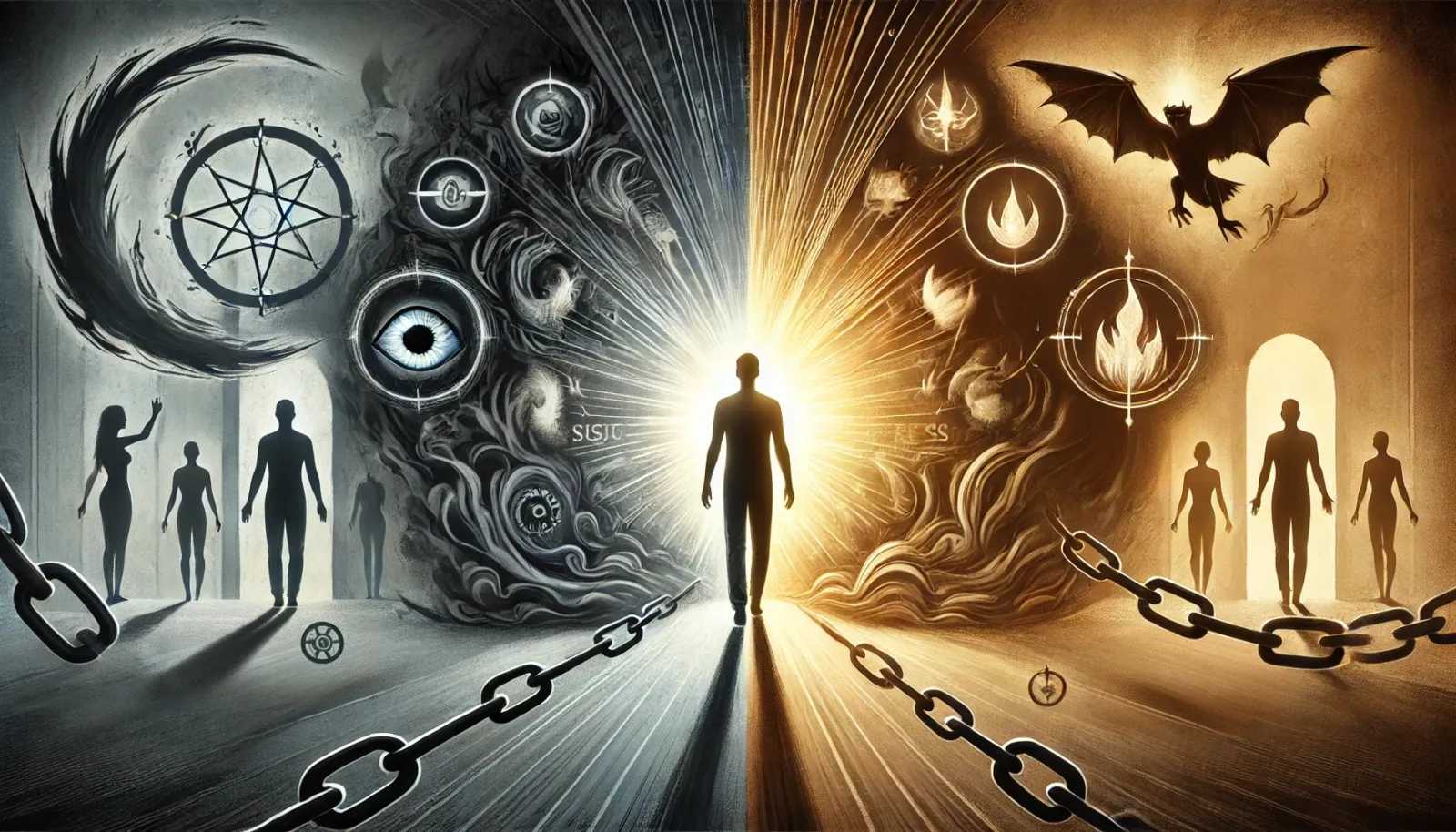Understanding Demonization and Oppression
When discussing deliverance, it's essential to clarify the terms that often get interchanged: demonization, oppression, and possession. Demonization generally refers to a state where an individual is influenced or afflicted by demonic forces. Oppression, on the other hand, signifies external attacks that weigh down a person without necessarily implying that a demon resides within them. Possession refers to a more severe form of demonization where a demon takes control over an individual. The focus here is primarily on the signs of demonization and oppression.
The Role of the Holy Spirit
The Holy Spirit plays a crucial role in deliverance. It's vital to understand that when someone is demonized, it often comes against the influence of the Holy Spirit in their life. The enemy does not simply want to disrupt your daily life; their ultimate goal is to sever your relationship with God. Therefore, recognizing the unspoken signs of demonic influence can be pivotal for believers seeking freedom.
Signs of Demonization
There are specific signs that indicate a person may be experiencing demonization, which can include:
- Difficulty hearing the voice of God or following the Holy Spirit's guidance.
- Experiencing a constant sense of oppression or weightiness that prayer and scripture don't alleviate.
- Manifestations of behaviors that contradict the individual's faith, such as anger, lust, or fear.
- Recurring chaos in relationships and personal life.
- Feeling two different personas—one in public and another in private.
- Struggles with receiving grace and living under legalistic beliefs.
The Importance of Relationship with God
One of the most telling signs of demonization is the inability to maintain a healthy relationship with God. Believers may feel shackled by their past experiences or trauma, which can lead to feelings of rejection or inadequacy. When individuals cannot express their love for God or engage in worship, it often indicates that something spiritual is at play.
Legalism and Its Impact
Legalism can be a breeding ground for demonic influence. When individuals become ensnared in a cycle of trying to earn God's favor through works, they can inadvertently invite oppression into their lives. The enemy thrives in environments where guilt and shame prevail, making it crucial for believers to understand their identity in Christ and the freedom that comes with it.
Breaking Down Strongholds
Strongholds are often constructed from lies, fears, and false belief systems. When someone is demonized, they may possess a stronghold in their mind that distorts their reality. It is essential to identify these strongholds and replace the lies with the truth of God's Word. The process of deliverance involves breaking down these strongholds to restore a person's relationship with God.
Practical Steps for Deliverance
Engaging in deliverance requires a combination of spiritual and practical steps:
- Recognize and confess any known sins or areas of bondage.
- Pray for the Holy Spirit to reveal any hidden strongholds or lies.
- Speak the truth of God's Word over your life to combat the lies.
- Seek prayer and support from fellow believers to break the chains of oppression.
- Commit to regular time in prayer and scripture to reinforce your identity in Christ.
Conclusion: The Path to Freedom
Ultimately, the journey of deliverance is about restoring one's relationship with God and walking in the freedom that He provides. Recognizing the unspoken signs of demonization and oppression can empower believers to take the necessary steps toward healing and restoration. By relying on the Holy Spirit, speaking truth, and engaging in community, individuals can break free from the chains of darkness and experience the fullness of life in Christ.






